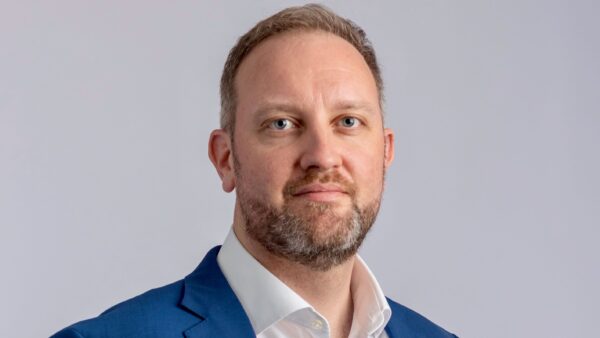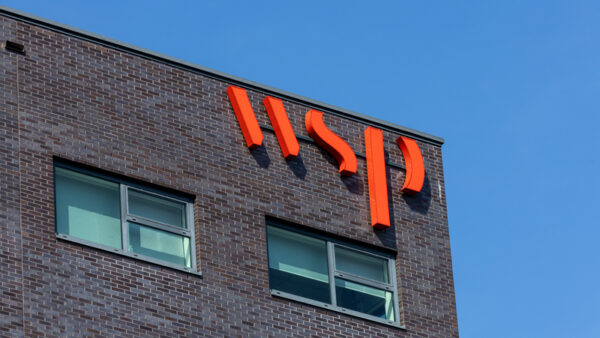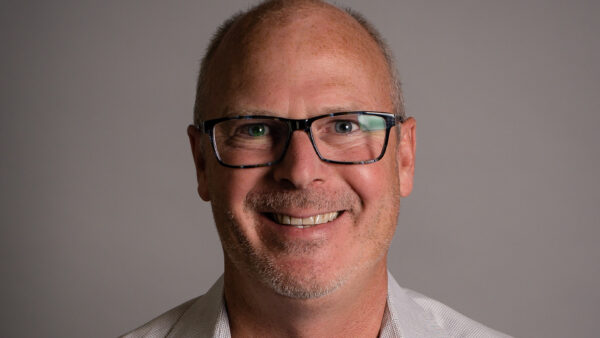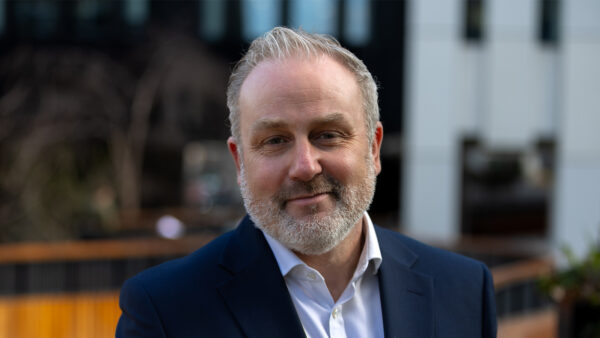One of Kuwait’s oldest design firms, SSH, has nearly trebled in size since a dramatic management overhaul two years ago.
The firm now has just under 1,000 staff, up from around 330 when it relaunched in 2013 with a new top tier of management drawn from Atkins, Hyder and other big-name international firms.
I thought that if you assembled a top team from the blue chip internationals and grafted that onto a well-respected local organisation you produce a hybrid that gives the client confidence– Bob Hope, CEO, SSH Design
Chief executive Bob Hope FCIOB told GCR in an exclusive interview that the firm, now registered in Qatar, Bahrain, UEA and Oman, and making inroads into Saudi Arabia and Iraq, was on its way to achieving its ambitious plan of employing 1,500 people by 2018.
Hope, formerly Atkins’ managing director of the Northern Gulf region before taking the helm at SSH in August 2012, said the growth proved that the strategy of grafting a top tier of international talent onto a local firm in the Middle East was working. (Click here for GCR’s coverage of the relaunch.)
“I thought, when I joined, that if you assembled a top team from the blue chip internationals and grafted that onto a well-respected local organisation you produce a hybrid that gives the client confidence,” he said.Â
“And you have the credibility to bring in world-class partners, plus a more efficient and cost-effective delivery engine because you’re not paying the big corporate overheads. It means we can offer more than purely local players but we’re more agile than the big internationals.
“We also made sure the people we brought in understood the local Gulf markets, because they differ, even across the emirates of the UAE.”
To incentivise the top management, a 20% equity stake in the business was distributed among 15 of the most senior partners – “to make sure they weren’t just here for the short term,” said Hope, who won Construction CEO of the Year at the 2014 Middle East CEO Awards in Dubai.
Around 70% of SSH’s business is still in Kuwait, where the company first began as a solo practice started in 1961 by the Lebanese architect, Sabah Abi-Hanna.
According to Hope, around 10% of the firms work now comes from Bahrain, 10% from Oman and 5% each from UAE and Qatar. His goal is for SSH to be doing as much work outside Kuwait as inside next year.
Getting into Qatar and registered, he said, has not been easy. “Even though we know the place very well it took us 15 months to get registered and set up,” he said. “It can be like that. I know of one very big international who at one point had been there two years and hadn’t managed to open a bank account.

Bob Hope was formerly Atkins’ managing director of the Northern Gulf region before taking the helm at SSH in August 2012 (SSH)
“Now we’re picking up a couple of projects and now that we’re grade A registered, people are knocking on the door. The companies who took the time and patience to go through the process, a lot of them are very full, and the package we offer is being quite well received so we’re hoping to capitalise on that.”
Saudi Arabia is another challenge. “You must take on a local partner, for one thing, which involves due diligence in finding the right one. Getting visas is also tricky.Â
“You need to make sure you’ve got some alliances that can help you settle into the market. Basically for us we need the right project to enter in on, so that you’ve got the revenue stream that lets you commit to opening the offices, setting up the visas. You can’t go into Saudi half-hearted. With Bahrain and Dubai you can perhaps dip your toe in to a certain extent.”Â
Lull at home
As for SSH’s home turf, Kuwait, Hope says the company has benefitted from long-established relationships and has successfully grown the business there by building up its site supervision offering and beefing up its infrastructure unit.
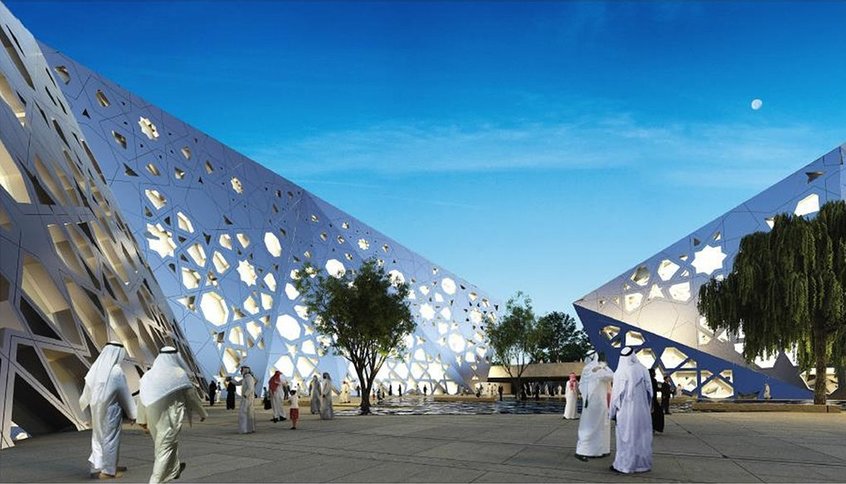
The SSH-designed Sheikh Jaber Al Ahmad Cultural Centre (SSH)
But Kuwait has lagged behind other Gulf states, particularly UAE, Saudi Arabia and Qatar, in unleashing major projects. Development has been slowed by political turmoil in the GCC’s only elected parliament.Â
Two much-delayed projects are the airport’s multi-billion-dollar new international terminal, and a rail rapid-transit system.Â
The airport project was announced in October 2011, with a design by London-based architecture firm Foster + Partners, but the procurement process has been beset with difficulties. The project was re-tendered in 2013, and the public works ministry was reported to be re-tendering it again in January this year. Meanwhile, the country’s state news agency KUNA reported on 8 February that the tender committee had recommended that all bids be rejected.
The Kuwait Metropolitan Rapid Transit System was envisaged as a public-private partnership, with 69 stations and 160km of track for driverless trains. Phase 1, comprising 50km of track and 28 stations, was due to start running in 2020. Expressions of interest were sought for rolling stock and systems for phase 1 in March 2012, but nothing further has been announced.
“There has been a definite lull,” Hope said, “but we’re hoping to see Kuwait kick on again in a year or two. It needs the new airport and the metro to get underway. The metro, particularly, because once that’s settled all the land around the stations will be developed, so it will have a multiplier effect.
“And it’ll have a bigger impact than in Dubai. Because it’s a real city of 2.5 million people, it needs a metro more than any other Gulf region city, excepting maybe Riyadh and Jeddah. So we think the new airport and the metro will really re-ignite the market here.”Â
Channelling talent
SSH is also exploring new ways of channelling talent into the Gulf region, including using designers who work remotely. After winning a Qatari commission to design and supervise a dental and dermatology hospital, the firm found a lack of medical design skills in the Gulf region, but a willing pool in South Africa.
“We use them as a resource to support our expansion here,” Hope said. “A lot of them were working for Western companies, particularly in PFI roles in the UK. Finding good medical design talent isn’t so easy in the Middle East. We’ve tapped into a good vein of people who’ve worked internationally but who now want to live back at home. We’ve got about 50 people in South Africa, which should grow to about 100 in the next year.”
A similar dynamic led the company to set up a small office in London. “We found that for certain skill sets, like high-end graphic design and some BIM technologies, we can’t find people here, so we’re getting people in to support us remotely at first,” Hope said.
Hope, who was made a fellow of the Chartered Institute of Building in November, is confident SSH’s ambitious plan will work. “The messages we’re getting from the various markets is that they’re glad we’re here. I think they get tired of people flying in on planes and flying back out again.”
The firm is certainly achieving chart success. In the 2015 World Architecture 100 survey it ranked third in the Top Ten Architecture Practices in the Middle East and, globally, it topped the charts at number one for Culture and number eight for Heritage Architecture, followed by third spot in Infrastructure and Construction Management. The survey, conducted by BD Online, collects data such as the number of architects employed, signature projects, fee income and plans for 2015.So in the Middle East there’s plenty of hope for Hope, but also, he says, for others. Â
“There’s lots going on out here, and if we’re going to deliver what’s in the pipeline there is still a shortage of good people, and opportunities to work on some pretty amazing projects.”
Photograph: Dubai skyline from Festival City (Lehtm25/Wikimedia Commons)

